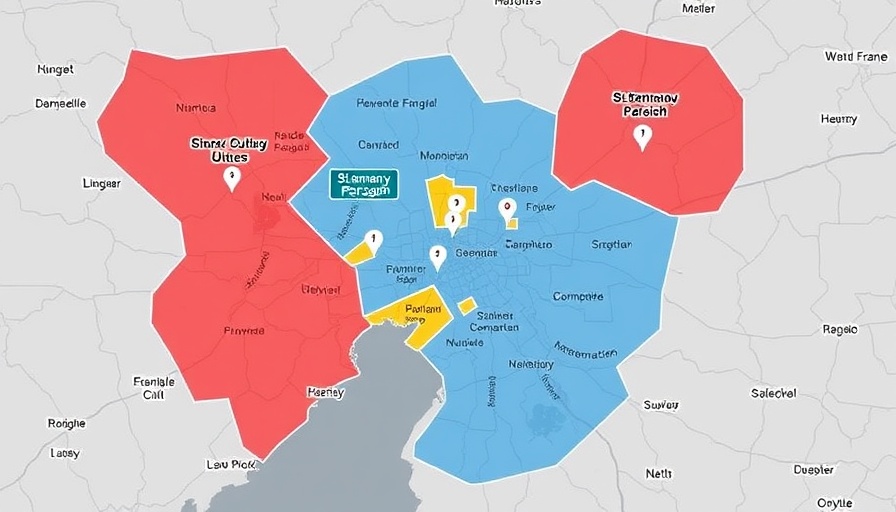
Ceasefire Talks: A Ray of Hope Amidst Ongoing Conflict
The ongoing Israel-Hamas conflict, which has ravaged Gaza for nearly 21 months, could be on the cusp of a significant turning point. As tensions escalate and the toll on civilian life rises, Israel has stated it will dispatch a negotiating team to Qatar for ceasefire discussions. This news comes just a day before Israeli Prime Minister Benjamin Netanyahu is set to meet U.S. President Donald Trump at the White House, where they are expected to address the potential for peace in the region.
Reports indicate that Hamas has responded positively to a U.S.-led proposal that aims for a 60-day truce, although concerns remain about terms and guarantees. Many in Gaza are expressing a weary but hopeful desire for a swift resolution, yearning for an end to the airstrikes and a return to normalcy. Jamalat Wadi, a resident of Deir al-Balah, encapsulates this sentiment, stating, "We want to sleep in calm where we don’t hear warplanes or drones or shelling."
A Complex Path Toward Peace
Despite the cautiously optimistic developments, the road to a durable peace remains fraught with complexities. The Israeli government has reiterated its stance that any ceasefire must include terms that address its security concerns, particularly regarding Hamas' capacity to launch attacks. Hamas, in turn, seeks commitments from Israel that a truce will translate into a permanent end to hostilities, which raises the stakes of negotiations that have previously faltered.
Historical Perspectives on Israel-Hamas Tensions
To understand the current dynamics, it’s essential to reflect on the historical context of the Israel-Palestine conflict, which has roots reaching back decades. The tensions have often seen cycles of violence and temporary ceasefires, each followed by renewed hostilities. Many commentators argue that without addressing the underlying issues of land, rights, and recognition, any truce remains precarious at best.
Local Impacts from Rising International Stakes
The situation resonates deeply within Louisiana, as many residents have family ties or connections to the broader Middle East. The impact of global issues on local communities cannot be underestimated. As discussions unfold regarding a ceasefire in Gaza, it's essential for individuals in Louisiana to remain informed and understand the implications these international decisions may have on development and humanitarian support efforts within their own communities.
What This Means for American Foreign Policy
The implications of the ceasefire negotiations extend beyond the region; they hint at shifts within American foreign policy. The Trump administration’s emphasis on brokering a deal with Netanyahu arises amid criticisms of past policies that have seemingly ignored the increasingly dire humanitarian situation in Gaza.
Concluding Thoughts: The Importance of Engagement
As people in Louisiana and beyond watch these developments unfold, it becomes clear that staying informed is crucial. Engaging in discussions not only aids in personal understanding but also fosters community awareness and compassion towards those impacted by the conflict. With humanitarian needs escalating on both sides of the conflict, a successful ceasefire could pave the way for much-needed support for civilians caught in the crossfire.
If you want to stay updated on this evolving story and its implications for local and global communities, make sure to follow trusted news platforms and engage in discussions that seek to promote understanding and peace.
 Add Row
Add Row  Add
Add 



Write A Comment